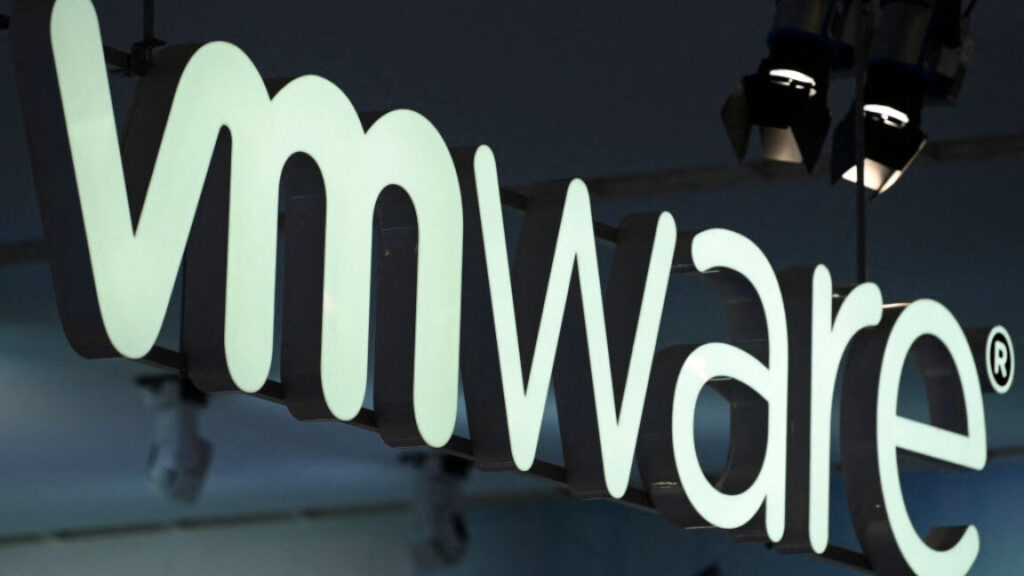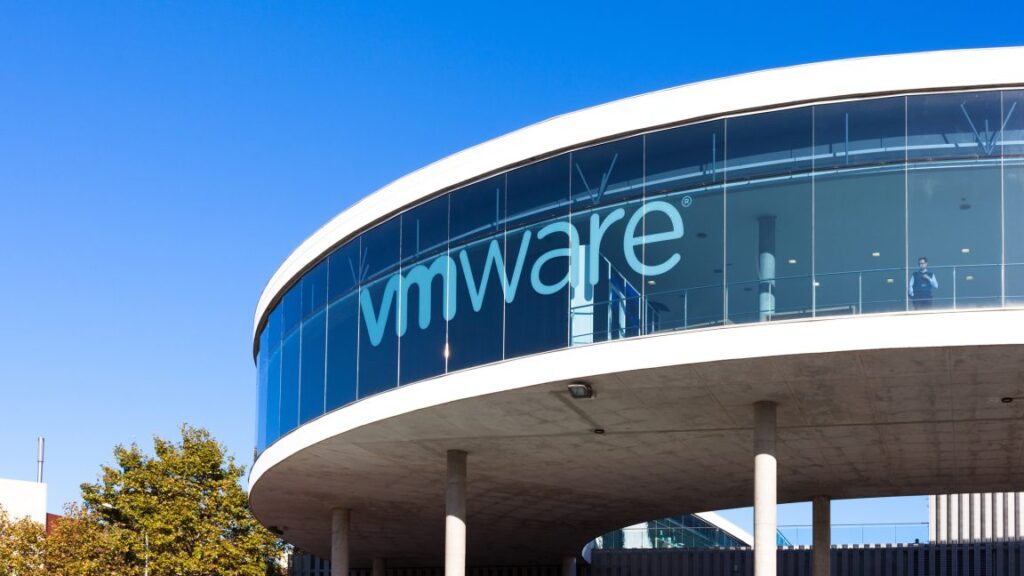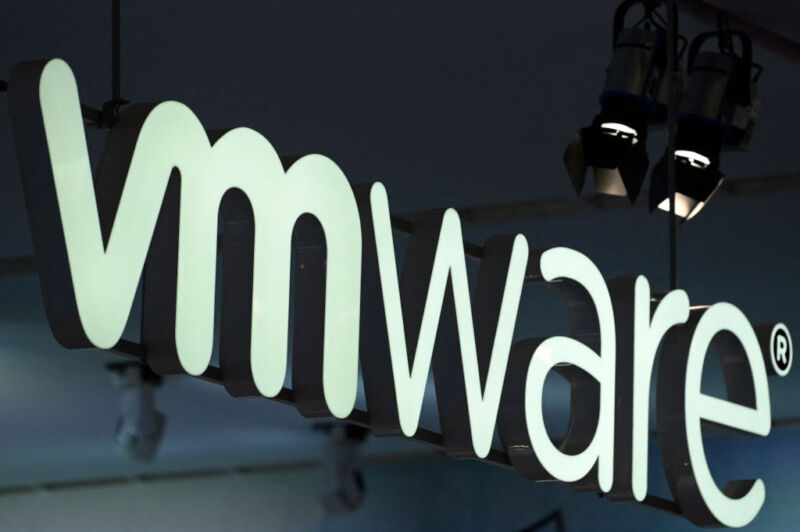Broadcom’s prohibitive VMware prices create a learning “barrier,” IT pro says
Broadcom didn’t respond to Ars Technica’s request for comment for this article.
Compatibility problems
Migrating off of VMware hasn’t only resulted in delayed projects for the Indiana school district; it has also brought complications for its HCI hardware. The district’s IT director told Ars that Dell won’t provide long-term support for the hardware if it’s not running VMware. This is despite Dell reportedly touting a “10-year lifespan” on the devices when the district first bought in, in 2019, per the IT professional.
“They’re basically holding our service contract hostage if we don’t buy VMware,” the IT director told Ars.
Put in a bind, the IT team is trying to repurpose the hardware without Dell support, noting that the district had already invested $250,000 in the system over six years.
“It’s made us have to go back to the drawing board for the next three to four years, essentially,” the IT leader said.
The Indiana IT director said Dell suggested that the district could buy an entirely new stack of server hardware with new support, but budget limits, especially over the coming years, make this unreasonable.
“New IT balloons very quickly, and [Dell workers] don’t really seem to understand that I can’t just spend that amount of money randomly,” the director said.
The Indiana district is now using the unsupported hardware, too.
“We are currently flying blind,” the IT director said.
Ars reached out to Dell Technologies about the school district’s situation and the impact that higher VMware prices have on organizations that have relied on Dell technology tied to VMware. A spokesperson shared the following statement:
Dell Technologies remains committed to supporting all VxRail customers with active support agreements. VxRail continues to deliver value for thousands of organizations globally, and we work closely with customers to ensure they can maximize their investment. Dell has a long history of offering choice through a broad portfolio of technology partners and solutions, helping organizations to select the path that best aligns to their strategy, infrastructure needs, and long-term IT goals.
Over in Idaho, VMware was part of Idaho Falls School District 91’s IT setup since at least 2008. The school district operated about 80 VMs running on four ESXi hosts, all managed centrally through vCenter. The VMs hosted mission-critical systems, including the student information system, key databases, and other applications that directly support teaching and learning, Donovan Gregory, the district’s IT SysNet administrator, told Ars.
Broadcom’s prohibitive VMware prices create a learning “barrier,” IT pro says Read More »













